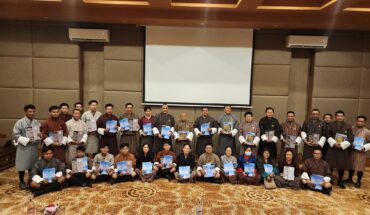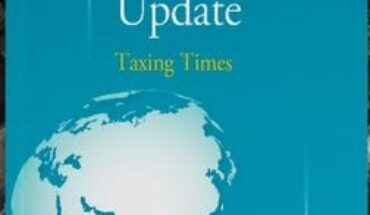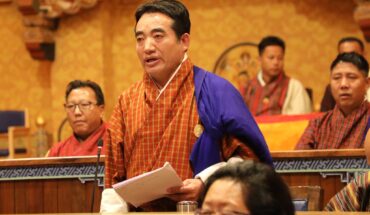For a scheme that was supposed to uplift struggling farmers, small entrepreneurs, and local industries, the Economic Stimulus Plan (ESP) concessional credit loan has morphed into a bureaucratic façade hiding a deeper, uglier truth.
On the surface, the numbers and processes shared by the Bhutan Development Bank Limited (BDBL) attempt to paint a picture of diligence, transparency, and fairness. But any thinking citizen should be asking: Why the defensive tone? Why the sudden PR blitz? Why now?
It is becoming increasingly evident that the ESP concessional loan, much like many other well-intentioned public schemes, has been quietly hijacked by the elite whereby a class of well-connected individuals, including politicians, their relatives, and powerful business houses disguised as small enterprises.
And it appears that BDBL, while wearing the mask of technical explanations and strict criteria, is complicit in this farce. The truth is being diluted under the weight of jargon, percentages, and faceless committees.
Of the Nu 3.542 billion allocated, more than 62% has been doled out, yet the actual impact on grassroots economic recovery is questionable.
While 1,985 loans were disbursed in the agriculture and livestock sector the average amount is pitifully small, Nu 200,000 to Nu 400,000, barely enough to buy a second-hand power tiller or sustain a farm for one season.
In contrast, just 39 loans in the so-called medium production and manufacturing sector swallowed nearly Nu 1.876 billion, over 60% of the entire disbursed funds, an average of Nu 48 million per loan.
Who are these 39? Why haven’t their names and company affiliations been made public?
The silence is telling. The BDBL says rejections were based on NPLs and viability, but conveniently ignores a growing body of anecdotal evidence suggesting that many of these so-called viable projects were pushed through by powerful intermediaries.
It is also curious that the film sector, with about 53 applicants, received only one approval. Not because all 52 were unworthy, but because, unlike other sectors, the film industry lacks political muscle.
The painstaking effort by BDBL to emphasize internal checks and balances, conflict of interest declarations, pitch evaluations, and committee layers reads more like a pre-emptive legal defense than genuine transparency. Let’s not forget: institutions don’t talk this much unless they have something to hide.
And where is the independent press in all this? Some newspapers and public broadcasters have become extensions of political PR machinery, veiling the truth behind soft stories and exclusives fed by insiders. The Bhutanese deserves credit for scratching the surface, but even this report, thorough as it is, reveals more questions than answers.
The remaining Nu 530 million? Expect it to quietly disappear into another round of medium enterprise approvals. Unless there is a real investigation, independent, journalistic, or judicial this money will only further enrich the rich.
And, while farmers drown under debt and youth struggle to launch startups, the well-connected sip coffee in boardrooms, smiling over their freshly-approved Nu million loans, courtesy of your taxpayer money.
The can of worms is rattling. And soon, it will burst open.





